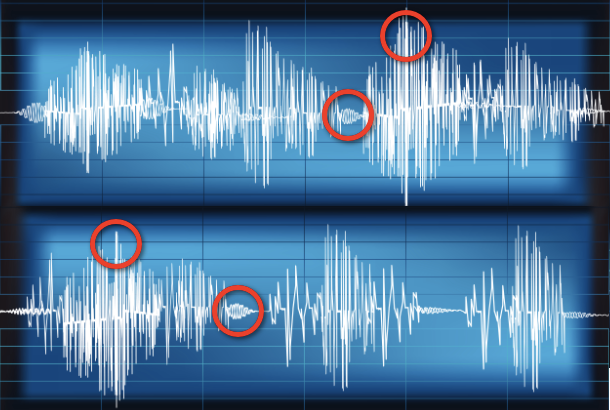
Have you heard the phrase “The best indicator of future behavior is past behavior”? But, if we stop there, how much information are we missing? In looking at past behavior, we’re really looking at the beginning of the story instead of the end of it. It's essential to learn what an individual learned from their past. What if we added to that phrase and said, “The best indicator of future behavior is past behavior AND what was learned from it.” Does the individual believe their past behavior was justified? A learning opportunity? Or simply a regret?
Consider these results from Jane and Sara when asked this question during a pre-employment interview.
Have you committed or been accused of any acts of domestic violence?
In behavioral interviews (BI) combined with a VSA exam, the BI questions are a starting point. A “no” answer in this case would not warrant follow-up questions yet. A “yes” response would.
After the initial BI, a series of questions is created for the VSA which requires “yes” or “no” answers. The goal of a VSA is to either “clear” a candidate, meaning no deception is indicated, or “not clear” a candidate, meaning deception is indicated. This is done by measuring psychological (not environmental) stress.
Jane and Sara both responded “no” to the domestic violence (DV) question in the initial BI and VSA exam. Neither “cleared” the question, meaning deception was indicated. A follow-up BI was given to clarify the complete picture so the examiner could determine the reasons behind the deception. If this second BI had not been given, neither candidate would've been hired. But Sara was hired. Why?
Upon further interviewing, Jane admitted she’d been involved in a DV in which she was wrong. But she felt the “past was the past”. She didn't admit fault and didn't like to think about it. The VSA was administered a second time and still she could not “clear” the question about DV. She was not hired.
Sara was nervous when she began talking about her past and why she might have shown deception on the DV question. But what came out was she was a victim of DV and had used force to defend herself. The examiner assured her this was not an act of DV if she was truly defending herself. When the 2nd VSA was given, she “cleared” the question, was hired, and has had a successful career.
If you're a government entity using a polygraph-style exam as part of pre-employment interviews, or an attorney, or a PI using these exams with client interviews, BI should be combined with the exams. The BI’s help craft the questions for the VSA, which leads to the truths you are trying to uncover.
The BI/VSA combination utilizes expertise and technology to understand past behavior and how it effects current behavior to verify truth or indicate deception.
Comments